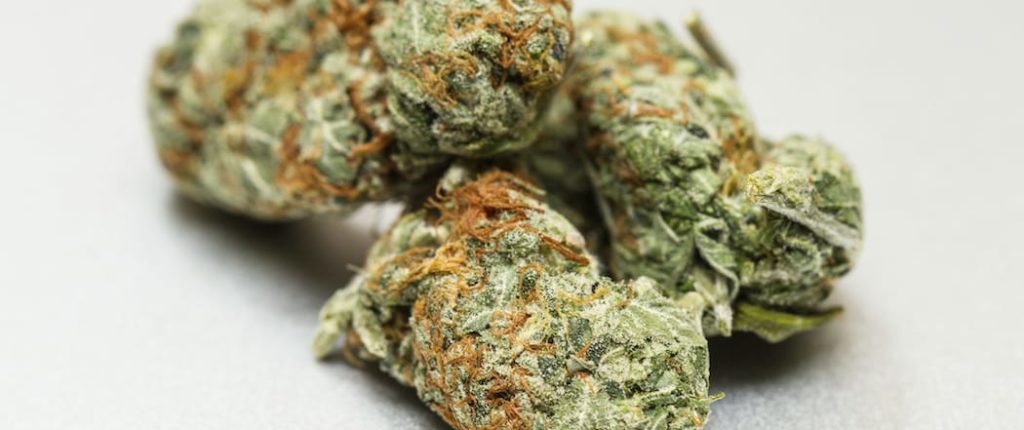As more voters decide to make recreational marijuana legal, its safety naturally comes into question. At the top of the list is the question of addiction. Marijuana has long been considered non-addictive, especially when compared to drugs like heroin or cocaine, but is that really true? You may be surprised to hear that you can get hooked on marijuana. Smoking pot recreationally carries a real risk that you will become an addict.
Risks of Marijuana Use
Attitudes toward marijuana are pretty lax these days. The evidence is in the way voters have spoken on ballots. Four states and Washington D.C. have now voted to legalize recreational use of marijuana. Several other states have legalized it for medical use and even more municipalities around the country have decriminalized the drug. While it’s true that marijuana is not as harmful as some other drugs, its use does carry risks. It negatively impacts brain development in young people. It irritates the lungs and causes similar respiratory illnesses to smoking cigarettes. Lung infections are not uncommon in marijuana smokers. And, finally, marijuana is addictive. Those most at risk are people who smoke regularly when young.
Marijuana Addiction
Government statistics show that about 9 percent of people who use marijuana will become addicted. But if you look at those who started smoking at a young age and those who smoke every day, the rate goes up to 17 percent. There are several characteristics of any addiction: tolerance, withdrawal, being out of control and being unable to stop using. Regular marijuana users can begin to display some of these characteristics. The most common sign of addiction for regular smokers of marijuana is withdrawal. This is especially true for those who have been using the drug regularly over a long period of time. Withdrawal symptoms that have been reported include mood swings, difficulty sleeping, irritability, a decreased appetite, restlessness, anxiety, cravings for marijuana and general physical discomfort. Addiction to marijuana is treatable, although there are no medications for it. Cognitive behavioral therapy and other types of psychotherapy have been effective for many people who wanted to quit.
Increasingly Potent Marijuana
Samples of marijuana that have been confiscated and tested over the last several decades suggest a troubling trend. The potency of the drug has been rising, and this can contribute to more cases of addiction and a greater likelihood that any individual will get hooked. The main compound in marijuana that is psychoactive is called THC. About 25 years ago, samples of marijuana had between 4 percent and 8 percent THC. Today the content is closer to 10 percent to 16 percent. Another issue that increases potency is the fact that more people are using marijuana in different ways. Eating cannabis-infused foods and consuming the oil of the plant can deliver more THC more quickly, which also increases the risk of getting addicted. Researchers still need to learn more about how greater THC potency affects users, but the increased risk of addiction is a certainty. Using any drug carries a risk of addiction. If you are in a state in which marijuana has become legal for recreational use or are considering visiting one of those states, think long and hard before you partake. You absolutely can become addicted to this drug. What will put you at a greater risk of addiction, in addition to using a product with a high potency, is having a mental illness, like depression or anxiety, and if you use the drug to relax or in response to any negative emotion. Using a drug is serious and requires serious thought before proceeding.

